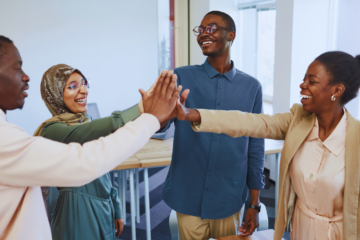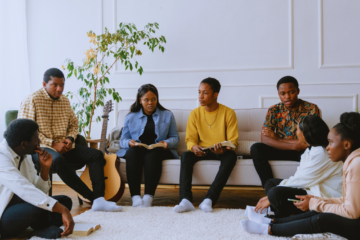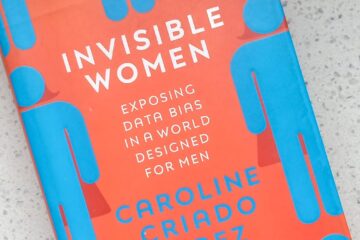I recently attended the Affinity Group of African Grant makers (AGAG) 2019 annual conference that brings together a number of grant makers who deeply care for issues in Africa.As they reflected on how current narratives are shaping their grant making in Africa and how to break funding silos, they also emphasised grantee collaboration.
Having heard about the same recommendation a number of times from donors at my previous organisations, I decided to make use of this opportunity to understand what their expectations of grantee collaboration were.
From the few grant makers I had conversation with, I was able to learnt that:-
Grantee collaboration is not about top management knowing each other , having coffee together , saying hello and asking about family but rather taking time to comprehend each others’ program details theory of change, project scope, funder opportunities, scale and strategy. To them grantee collaboration is synonymous with learning , leveraging data, research , funding opportunities, joint advocacy and maximising impact at ground level.
Learning, I am part of the Regional Education Learning Initiative for Africa (RELI) that brings together a number of Education nonprofits supported by Wellspring Philanthropies in East Africa and beyond. These organisations periodically interact to align their goals, benchmark on accessible resources, networks and research, attend each others’ training events and much more . Other organisations like Spark Microgrants are adopting a community of practice culture intended to give platform for organisations with related goals to support each other , they reflect on practices, learn and strategize together to maximise impact.
If you come to think of it, collaboration provides a firm base for advocacy and policy influence. In Africa Governments and policy makers listen to numbers, data based evidence and availability of resources. Often times these requirements can only be met or mobilised if people collaborate for the same agenda.
Grantees also have loads of researched data collected through baselines, midlines and end line surveys. This data may actually be shelved for years yet other organisations are still going to the same areas and beneficiaries to ask the same questions. Only true collaboration can help save these resources, save beneficiaries the frustration and allow grantees to share the readily available data. The current gap in data sharing is so huge that it hurts developmental processes and hinders policy development as advocacy is thus limited.
Collaboration is key to leveraging opportunities. In this world where most donors reject unsolicited proposals, who is going to be your reference if your organisation works in isolation. Start thinking of the many calls for joint proposals today and strategize now.
It allows for streamlining service delivery and guided scale if organisations complement and supplement each other versus rampant duplication of interventions which brings a whole lot of confusion to beneficiaries . For example clash of programs may result into children missing school because the health project needs them for immunisation, followed by another government ran health project which may require the same children or their teachers out of school hence hindering their learning.
NOTE: Grant makers are happy to find you collaborating with other organisations rather than them leading you into a forced marriage which seems to be the trend lately. If you are truly for positive change, there will be no need for you to compete over resources, staff ,data, visibility. and a lot more. The world has enough challenges everywhere for everyone to solve.



